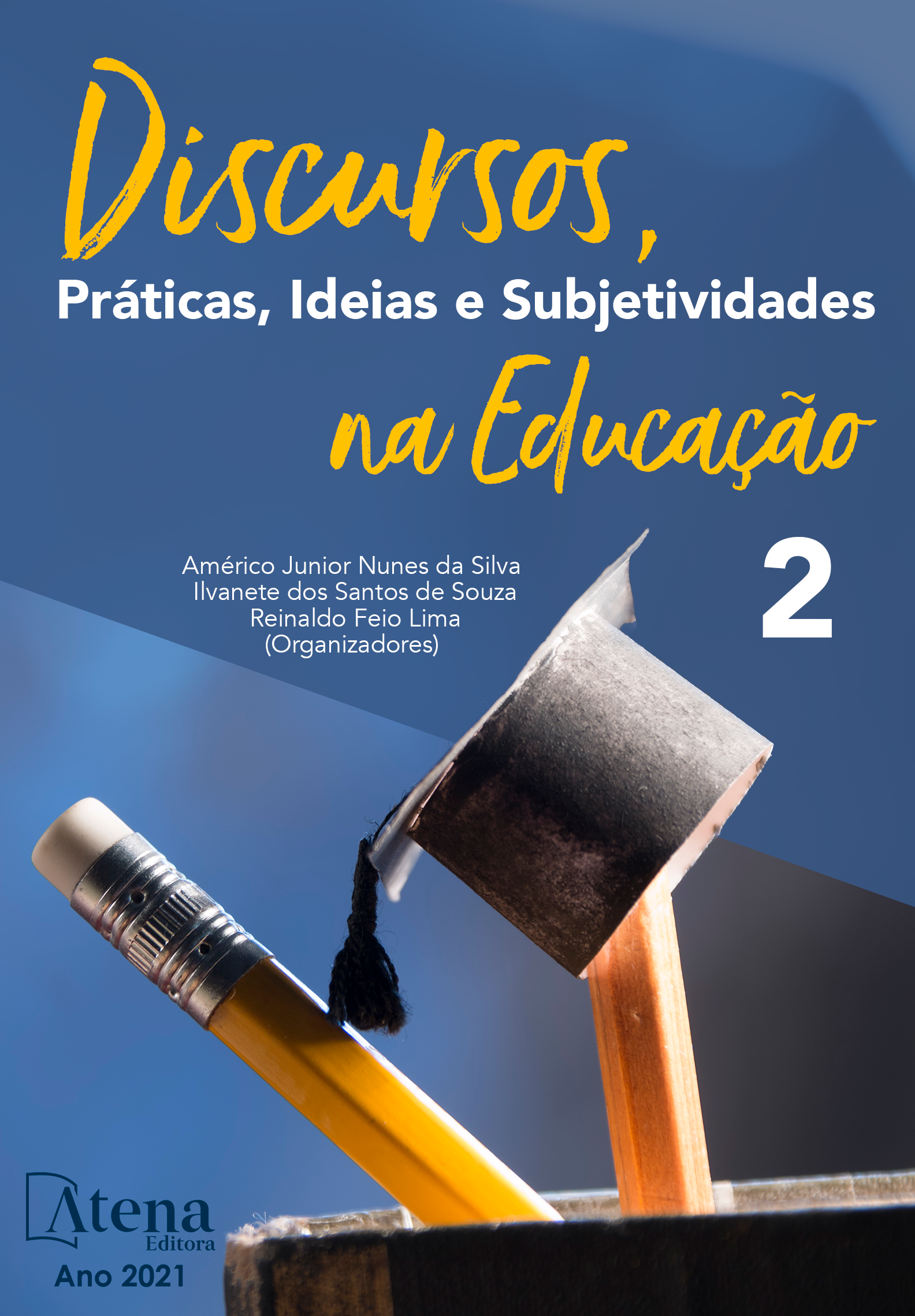
DA MEMÓRIA DOCENTE EM FORMAÇÃO: UMA ANÁLISE DOS CADERNOS REFLEXIVOS DA LEC/UFRRJ
O presente trabalho é fruto da tese “Narrativas de resistência e a formação de memórias docentes: da Inteireza de letramentos e de movimentos em linguagem decolonial da Licenciatura em Educação do Campo da UFRRJ” e apresenta como recorte metodológico a análise de escritas específicas do Curso em questão. A pesquisa apresenta o objetivo principal de buscar compreender os movimentos presentes nas memórias formativas docentes via linguagem; tendo, ainda, como objetivo específico, compreender a possível forma heterogênea de composição de escritos sobre a formação, que evidenciam marcas de identidade, a partir de um grupo de licenciandos da Educação do Campo (LEC). Nossa investigação foi realizada junto aos textos discursivos dos Cadernos Reflexivos, instrumentos produzidos pela primeira turma de estudantes do Curso de LEC, campus Seropédica, da Universidade Federal Rural do Rio de Janeiro (UFRRJ), entre 2010-2013. O levantamento bibliográfico foi pautado sobre duas categorias fundamentais: memória e linguagem, partindo, ainda, do diálogo com a Teoria Semiolinguística. Utilizando-se de uma pesquisa qualitativa, de cunho participante, o estudo demonstrou marcas de resistência na relação entre práticas instituintes e instituídas pela composição própria e identitária de letramentos de (re)existência. Por meio de categorias próprias, entre memória e linguagem, inclusive na perspectiva dos novos letramentos/letramentos críticos, os resultados apontaram a representação de textos estéticos e próximos de outra (ou nova) possibilidade de letramento acadêmico, com a necessidade de se repensar as práticas de manifestação linguística na educação superior, sobretudo quanto aos letramentos de identificação – que também são de memória – desses sujeitos em formação. Para tanto, propõe, como contribuição principal, uma Teoria da Inteireza, em que os estudantes universitários possam buscar efetiva autoria de escrita e protagonismo de pensamento, por suas experiências e vivências pregressas inclusive. Contribui, por fim, para a urgência de cuidado e de validação desses movimentos em Linguagem diaspórica na perspectiva decolonial.
DA MEMÓRIA DOCENTE EM FORMAÇÃO: UMA ANÁLISE DOS CADERNOS REFLEXIVOS DA LEC/UFRRJ
-
DOI: 10.22533/at.ed.30521300417
-
Palavras-chave: Memória formativa, Narratividade, Letramento, Decolonialidade, Educação do Campo
-
Keywords: Formative memory, Narrativity, Literacy, Decoloniality, Rural Education
-
Abstract:
The present work is the result of the thesis “Narratives of resistance and the formation of teaching memories: the whole of literacies and movements in decolonial language of the UFRRJ Field Education Degree” and presents the analysis of specific writings of the Course question. The research presents the main objective of seeking to understand the movements present in the formative memories of teachers via language; having, also, as a specific objective, to understand the possible heterogeneous form of composition of writings on the formation, that evidence marks of identity, from a group of graduates of Education of the Field (LEC). Our investigation was carried out along with the discursive texts of Cadernos Reflexivos, instruments produced by the first class of students of the LEC Course, Seropédica campus, of the Federal Rural University of Rio de Janeiro (UFRRJ), between 2010-2013. The bibliographic survey was based on two fundamental categories: memory and language, starting from the dialogue with the Semiolinguistic Theory. Using a qualitative research, of a participant nature, the study demonstrated marks of resistance in the relationship between instituting practices and those instituted by the proper and identity composition of literacies of (re) existence. Through its own categories, between memory and language, including from the perspective of new literacies / critical literacies, the results pointed to the representation of aesthetic texts and close to another (or new) possibility of academic literacy, with the need to rethink practices of linguistic manifestation in higher education, especially regarding the identification letters - which are also of memory - of these subjects in training. To this end, it proposes, as its main contribution, a Theory of Integrity, in which university students can seek effective authorship of writing and protagonism of thought, due to their experiences and previous experiences. Finally, it contributes to the urgency of care and validation of these movements in Diasporic language in the decolonial perspective.
-
Número de páginas: 15
- Fabrícia Vellasquez Paiva


